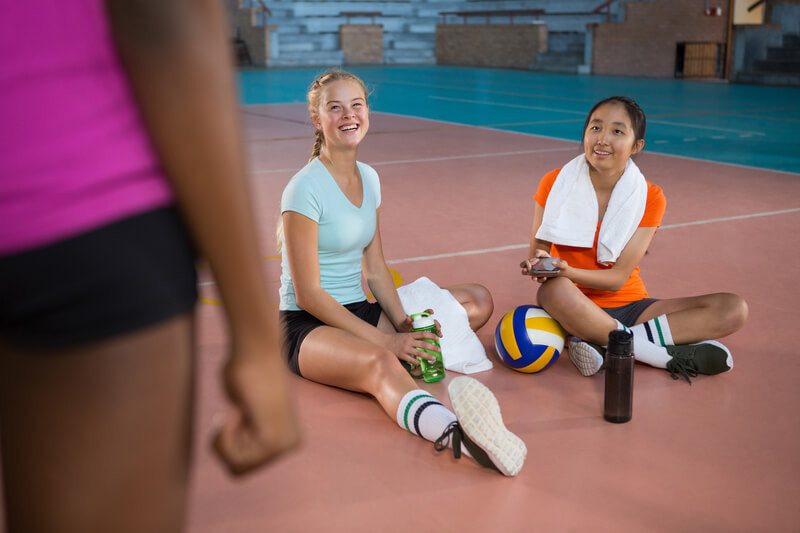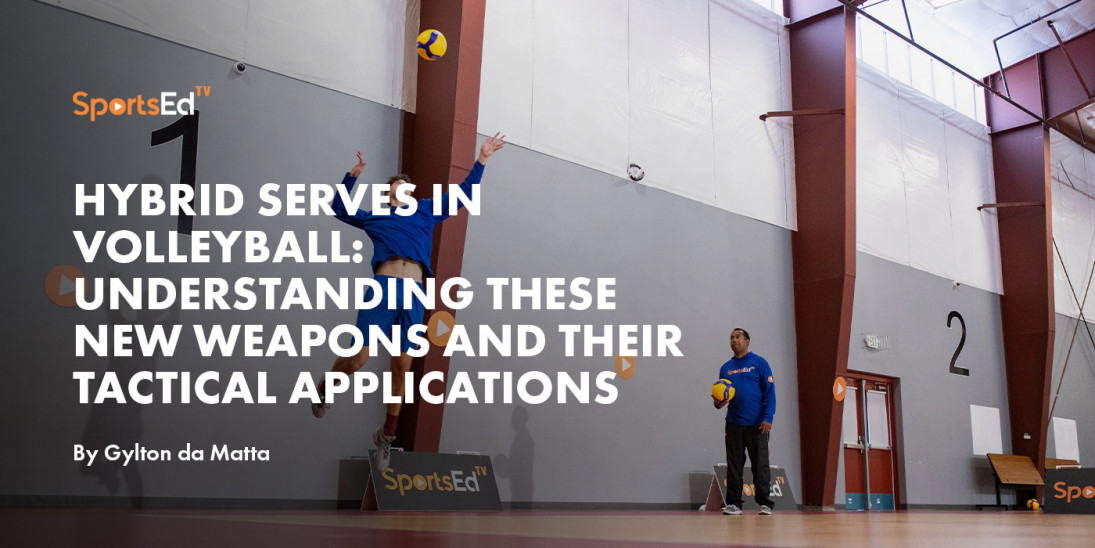Volleyball, Nutrition, Health
Welcome and thanks for visiting...

Volleyball Nutrition Q and A

Q: Do you have menu and snack suggestions to share with parents regarding the ideal set of snacks and appropriate food for tournament events which often take place over three consecutive days?
A: The question is very open, but in general this is what I propose. Start with a good breakfast. Oatmeal is ideal as carbohydrates, adding dried fruit and plain yogurt.
For the daily meals, I would offer salads of rice (basmati) or quinoa - lentils by inserting for example corn, peas, carrots for vegetables and diced lean ham or poultry minced.
A simple possibility is the recipe for Cantonese rice.
For snacks, the best would be a high-protein bar of quality with seasonal fruit or some dried fruit. Banana and dark chocolate always make good snacks.
Q: Do you have any recommendations for ideal nutrition for beach volleyball versus indoor volleyball and you think that eating BBQ is detrimental for players?
A: Red meat is not recommended just before and during competition because it is very acidifying, but quality chicken or turkey is quite possible, but no sausages either. Vegetables such as eggplant, zucchini, and corn can also be put on BBQ.
For carbon hydrates I recommend avoiding those containing wheat gluten; therefore rice, potatoes, millet for example will do the job perfectly, always obviously without sauces.
With the beach volleyball versus Indoors, it is important to remember the importance of drinking water regularly throughout the day and drinking a quality isotonic drink during matches.
Q: We have some teams where players are from 14-18 years of age, but we also have tournaments for people who are 30-35 years of age, would the "performance menu" be different? How would be the best way to communicate with them so they can eat good food, be nurtured and do not get offended?
A: The energy needs are a little greater between 14 and 18 years of age than at more than 30 years, but the difference in quantity will not be. Pay more attention to teenagers’ propensity to eat too much junk foods, ice cream and soda.
Suggest arranging an information meeting on the subject of nutrition and inviting the players and their parents with regard to the age category U18. Following the information meeting, would propose some typical menu ideas to the whole team.




